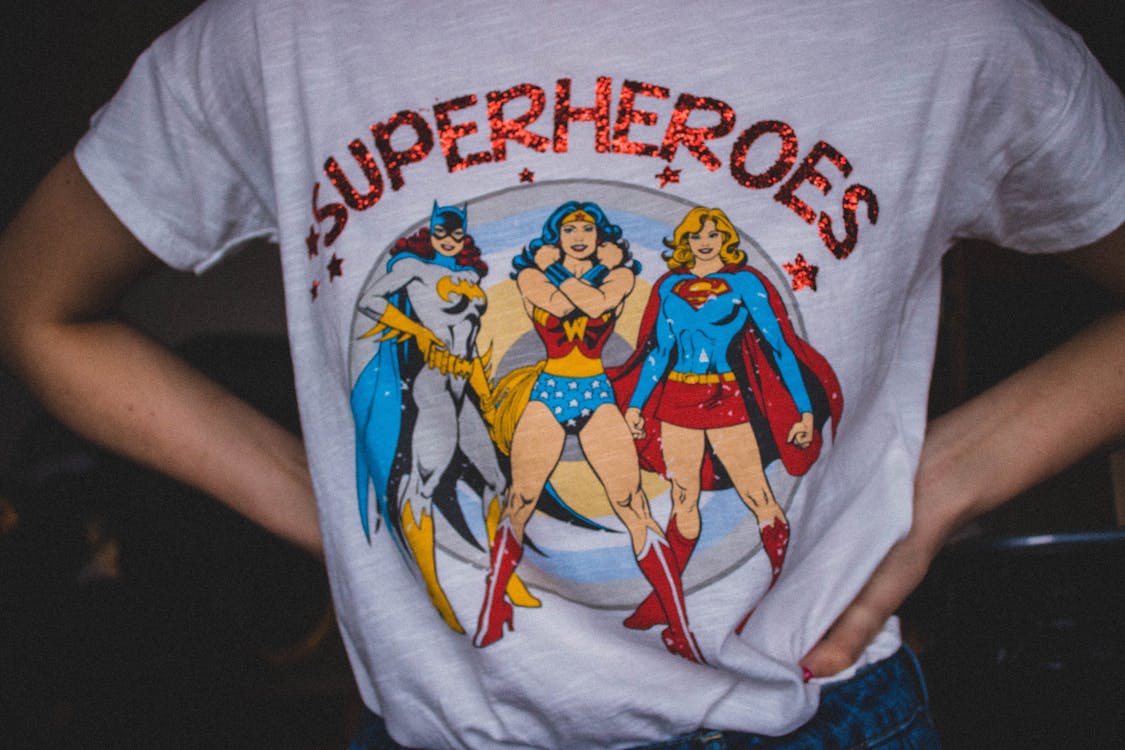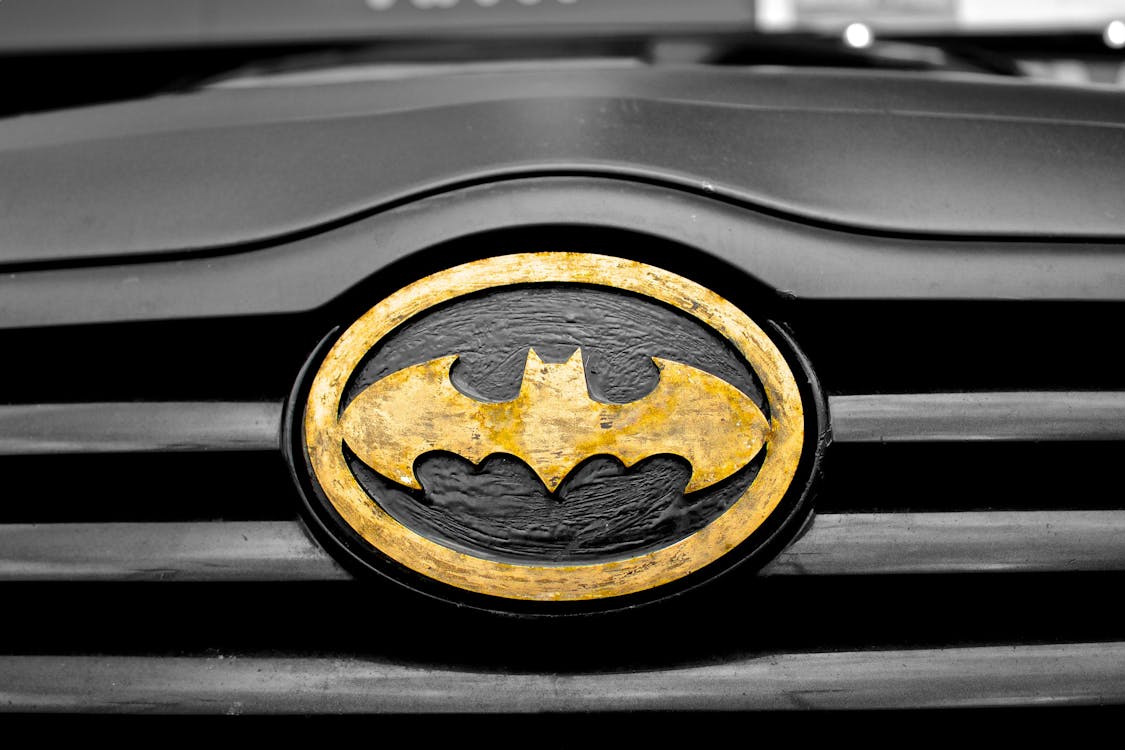When it comes to the world’s best superhero, you’ll probably have an opinion – and while strength and skills might come into it, unfortunately, science has a bigger part to play in the overall winner. What’s more, a group of students from the University of Leicester in the UK have used the power of maths and physics to work out who really is the best of the best!
Their research goes into depth too. By using basic scientific principles, they were able to work out whether or not specific skills and powers are actually possible and they even identified any detrimental factors that would hold some superheroes back.
Superhero criteria
Before we reveal the best and worst superhero, according to science, let’s look at how the group of students came to their conclusions. Having used five of the basic scientific principles – observe, question, hypothesize, experiment, and conclude – the students drew up a research-backed list of criteria to determine the functionality of each superhero. This included the energy output, ability to fly, super-healing abilities, increased metabolism and whether or not they could absorb power to maintain their abilities. So, now you know how they did, let’s find out the results…

Introducing the worst superhero: Batman
Batman might look good on paper and stand a good chance against his nemeses and their questionable skills, but when it comes to science, it seems he falls at the first hurdle. In their findings, the students revealed The Dark Knight was in fact the least capable superhero – and it all comes down to his cape.
While it might allow him to glide around Gotham City at 80 kilometres an hour, the fact he doesn’t use a parachute means he would most likely end up hurtling to the ground – not much crime-fighting to be done if that happens!

Introducing the best superhero: Superman
After months of research and testing out specific powers and skills, the group revealed that Superman was indeed the best superhero of all time. In the findings, it was highlighted that Superman had the widest range of powers – compared to the likes of Batman, Flash, and Wolverine – and the only factor limiting him is the sun’s effects as this is where he gets his energy from. For this reason, if all superheroes in the world were to battle against each other, Superman would be expected to come out on top.
It was also agreed that Superman would probably be able to stop a moving train, but that he would need to spend around three days basking in the sun in order to muster up enough energy. Likewise, while the group of students said that Superman may have a higher muscle density compared to normal people, it’s very unlikely that anyone would ever have enough muscles to be able to stop a moving bullet, therefore questioning the Man of Steel reputation.
And everyone in between…
It seems Spiderman may also be in trouble after the students decided he was at risk of miscalculating the right amount of web required to swing from building to building. Why? Because spider silk can actually stretch up to 40%, meaning Spiderman’s calculations could go very wrong! It was also found that Flash is likely to have a much higher mutation rate as a result of his cells continually regenerating. The students even said this could be as much as 72 years’ worth of genetic mutations every single year.
Finally, while Wolverine may benefit from more superhero powers thanks to a higher cell turnover rate, this could also leave him suffering from memory loss and amnesia. It seems superpowers are nothing without the right science.
